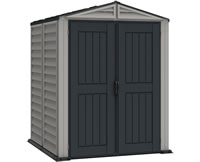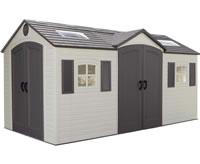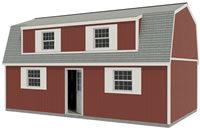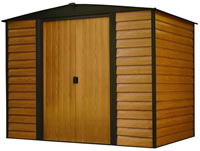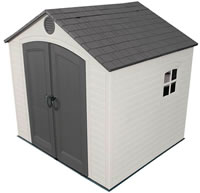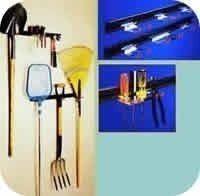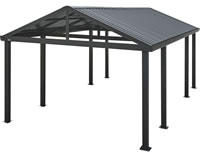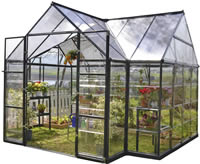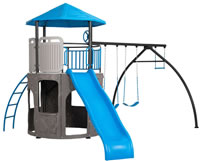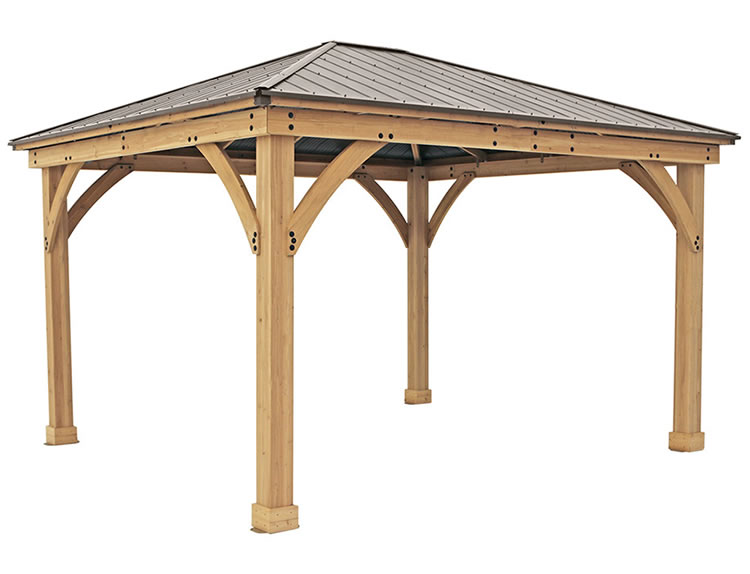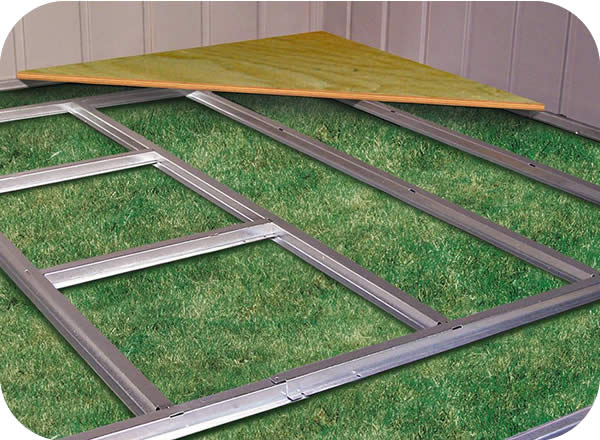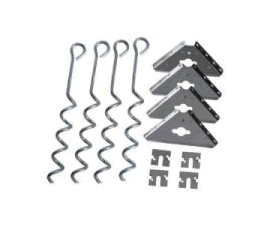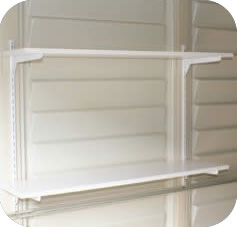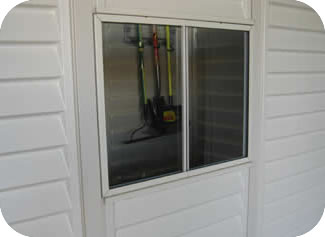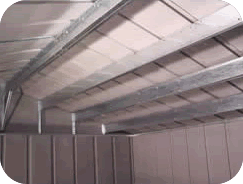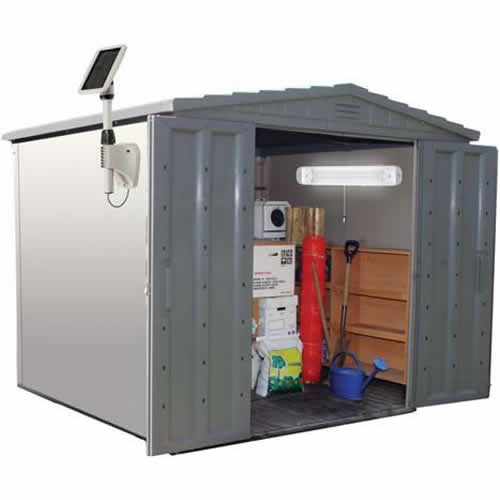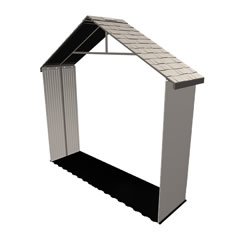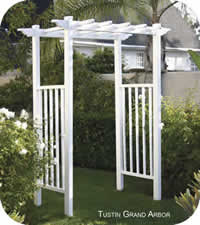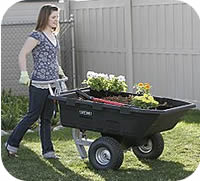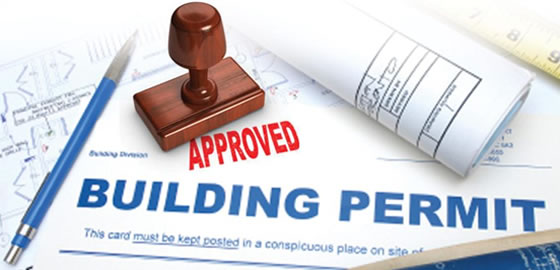
HOW TO DETERMINE IF YOU NEED A PERMIT TO BUILD YOUR SHED
There is so much excitement surrounding the buying and installation of a new storage shed. You've anticipated the benefits you're going to enjoy and you've spent a lot of time planning how you're going to build and utilize this building.
However, you may have forgotten to answer the question, do I need a permit to build a shed?
That's a very important question that should be answered prior to buying a new shed. Each and every county has different zoning laws and restrictions. Therefore, you need to ensure that you learn the zoning laws and restrictions of your particular city and area. Doing this will help you determine the size, type and location where your storage shed will be built.
WHAT IS A SHED BUILDING PERMIT?
Simply put, a building permit is an official document providing you with the permission to carry out construction work. You'll need to get in touch with your city's officials if you are going to need one.
Note that as a homeowner, it is your responsibility to obtain a building permit before you start building your shed.
In most areas, a 6x8 or 8x8 shed generally can be constructed without getting a permit. Nevertheless, it would be in your best interest to check and make sure. If a permit is needed it is best if you can obtain a permit before building your shed (we'll get to the reasons later).
If you'll be installing a shed with bigger dimensions, you may be challenging some local zoning restrictions. That is why it is imperative for you to contact your city's building officials to know if your storage shed follows the codes of your locale.
If you install a shed on your property and your city's officials find it to be against local building codes, your shed will be removed, which means you'll be spending more money without getting what you want.
Below are some other instances that may require that you get a permit.
- Intended Use - If your plan is to build a shed and make it a working, business, or living space, then you'll need to get a permit from the local zoning department. This is to ensure that the property is properly permitted and inspected.
- Electricity and Wiring - You'll need a permit if you plan to wire electricity through your shed.
- Building Size - You may need to get a permit for the size or height of your shed. There may even be restrictions concerning the kind of foundation you need to use.
- Installation Placement - Your local code may have specific mandates on how close a shed can be to your home, trees, property line, fence or other buildings. In fact, there are some areas that do not allow sheds to be attached to a home. And there are some that require sheds to be only in the backyard.
- Homeowners Association - Be sure that you are not breaking any HOA rules and covenants. There are areas where local neighborhoods have their own rules and regulations concerning outdoor buildings. If you reside in an area like this, you may need to get a permit or approval from them before building your shed.
- Severe Weather Areas - If you reside in an area with severe weather like frequent tornadoes or hurricanes, you'll need to have your storage shed anchored to the ground so as to be able to withstand heavy storms and winds. Additionally, regions with really cold weather (below the freezing point) will require some specific methods for making foundations.
CODES AND FACTORS THAT DETERMINE WHETHER OR NOT YOU NEED A BUILDING PERMIT
LOCAL BUILDING CODES
The permit requirements for each county, state, and city are different. You can get the permit requirements for building a storage shed in your area by contacting your local building department.
Most towns, counties and cities have their own different building codes. Although these codes are all formed from the International Building Code (IBC), which is nationally recognized, there are some places with limited local amendments that are more restrictive than the IBC.
The IBC's section 105.2 allows homeowners to build one-detached accessory structure that can be used as a storage shed, or a tool shed, without a permit. Additionally, the structure must not be more than 120 square feet in area, according to the IBC.
However, there are local amendments in some places that make this section more restrictive. For instance, local codes may ask that sheds above 60 square feet get a permit. Some may even ask that all types of sheds get a building permit. This is why you need to contact your local building department to ensure that your shed isn't against the law.
Note that building permits do not cover electricity and plumbing. You'll need different electricity and plumbing permits if you are going to include plumbing lines in your shed or run electrical wires through your shed.
ZONING LAWS AND CODES
A zoning code deals with the location, aesthetic and the size of the shed. It has the power to restrict or allow any of these features. Zoning codes help with the regulation of aesthetic and quantitative features.
It also helps regulate the uses of structures and buildings. More often than not, zoning and planning staff also review building permit applications just like the building department.
Whether your shed needs a building permit or not, it must comply with local zoning codes. Zoning codes also affect the number of plumbing fixtures you can use in a shed. This is to ensure that the shed isn't turned into an illegal home.
For example, your local building code may not require that you get a permit for a 100 square-foot shed. However, your local zoning code may require that sheds above 80 square feet are not permitted to be within ten feet of your house wall and must be placed in the backyard.
PLANS AND DRAWINGS
This involves the drawing of a scaled site plan.
Drawing up a scaled site plan is a very good idea. It helps the planning and building staff to determine whether your application/proposal complies with the building and zoning codes even if your shed does not require a permit.
The local building officials, as well as the jurisdiction, are the major deciders of whether or not you need a plan along with your permit. The IBC has nothing to do with the drawing of plans.
Generally, most jurisdiction with strict or extensive zoning codes will ask for a plan as well as a permit. Plans typically show that the shed complies with the zoning code.
PERMIT COSTS
There is a section in the IBC that talks about permit fees. However, most jurisdictions go with local fee amendments. In some areas and some construction types, the fee you pay are based on a formula that's tied to the construction cost. There are also areas where you are charged flat fees based on the type of construction.
REQUIRED INSPECTIONS
You must get an approval from the building inspector.
Any work authorized via a building permit will be inspected. Each state, town, city and county has its own inspection procedure. Sometimes, these inspections are carried out more than once. No matter the area you live in, you must ensure that your storage shed is inspected if a permit was required. This is a very important responsibility for the homeowner.
If your structure does not pass the inspection, or you fail to schedule an inspection, your permit may become expired or invalid. In a case like this, your jurisdiction has the ability to charge you a penalty fee for carrying out the project without a permit.
It would be like you never even applied for a permit. These two situations can escalate into you paying fees and in rare cases, lead to a court order action to get the structure removed.
Therefore, ensure to have your storage shed inspected and approved as soon as you get your building permit and complete the construction.
We hope that you've found this information informative and all your questions have been answered. If you have more questions about this topic or need assistance our expert staff is available 7 days a week to serve you by phone at 1-877-30-SHEDS and live chat. Thank you for shopping with us!
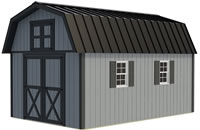 Best Barns Wood Sheds
Best Barns Wood Sheds DuraMax Vinyl Sheds
DuraMax Vinyl Sheds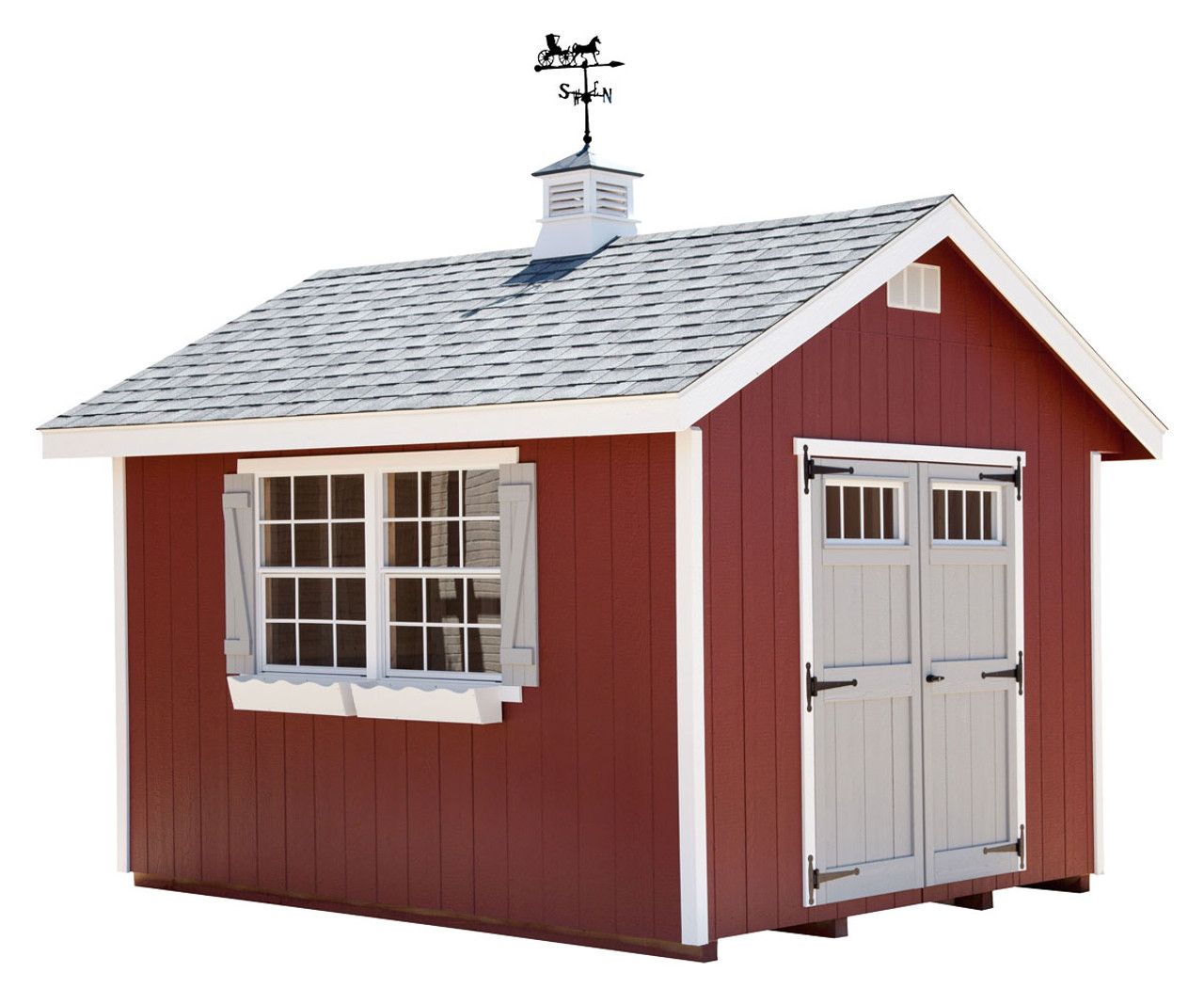 EZ-Fit Wood Sheds
EZ-Fit Wood Sheds Handy Home Sheds
Handy Home Sheds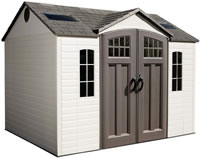 Lifetime Plastic Sheds
Lifetime Plastic Sheds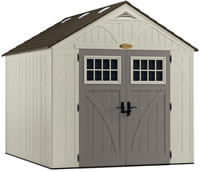 Suncast Resin Sheds
Suncast Resin Sheds Absco Storage Sheds
Absco Storage Sheds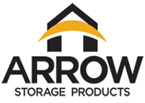 Arrow Metal Shed Kits
Arrow Metal Shed Kits Best Barn Shed Kits
Best Barn Shed Kits Biohort Steel Sheds
Biohort Steel Sheds DuraMax Storage Sheds
DuraMax Storage Sheds EZ-Fit Wood Sheds
EZ-Fit Wood Sheds Gazebo Penguin
Gazebo Penguin Globel Steel Sheds
Globel Steel Sheds Handy Home Shed Kits
Handy Home Shed Kits Keter Resin Sheds
Keter Resin Sheds Leisure Season Sheds
Leisure Season Sheds Lifetime Storage Sheds
Lifetime Storage Sheds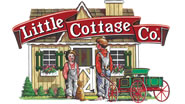 Little Cottage Co
Little Cottage Co Palmako Log Sheds
Palmako Log Sheds Palram Structures
Palram Structures Rhino MDM Shelters
Rhino MDM Shelters Rion Greenhouses
Rion Greenhouses Rubbermaid Sheds
Rubbermaid Sheds Shelter Logic Sheds
Shelter Logic Sheds Sojag Structures
Sojag Structures Suncast Storage Sheds
Suncast Storage Sheds Survive-A-Storm Shelters
Survive-A-Storm Shelters Swisher Shelters
Swisher Shelters Versatube Buildings
Versatube Buildings Yardistry Structures
Yardistry Structures 1-877-307-4337
1-877-307-4337 My Account
My Account Support
Support



